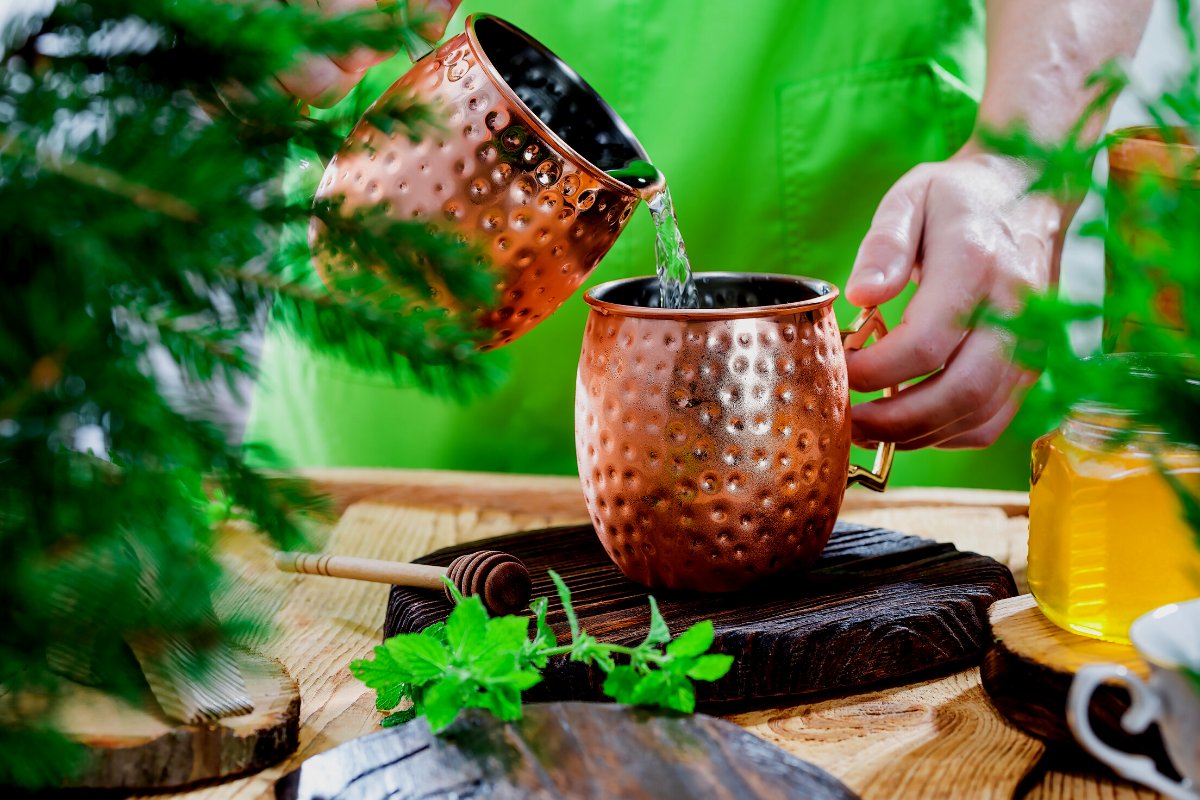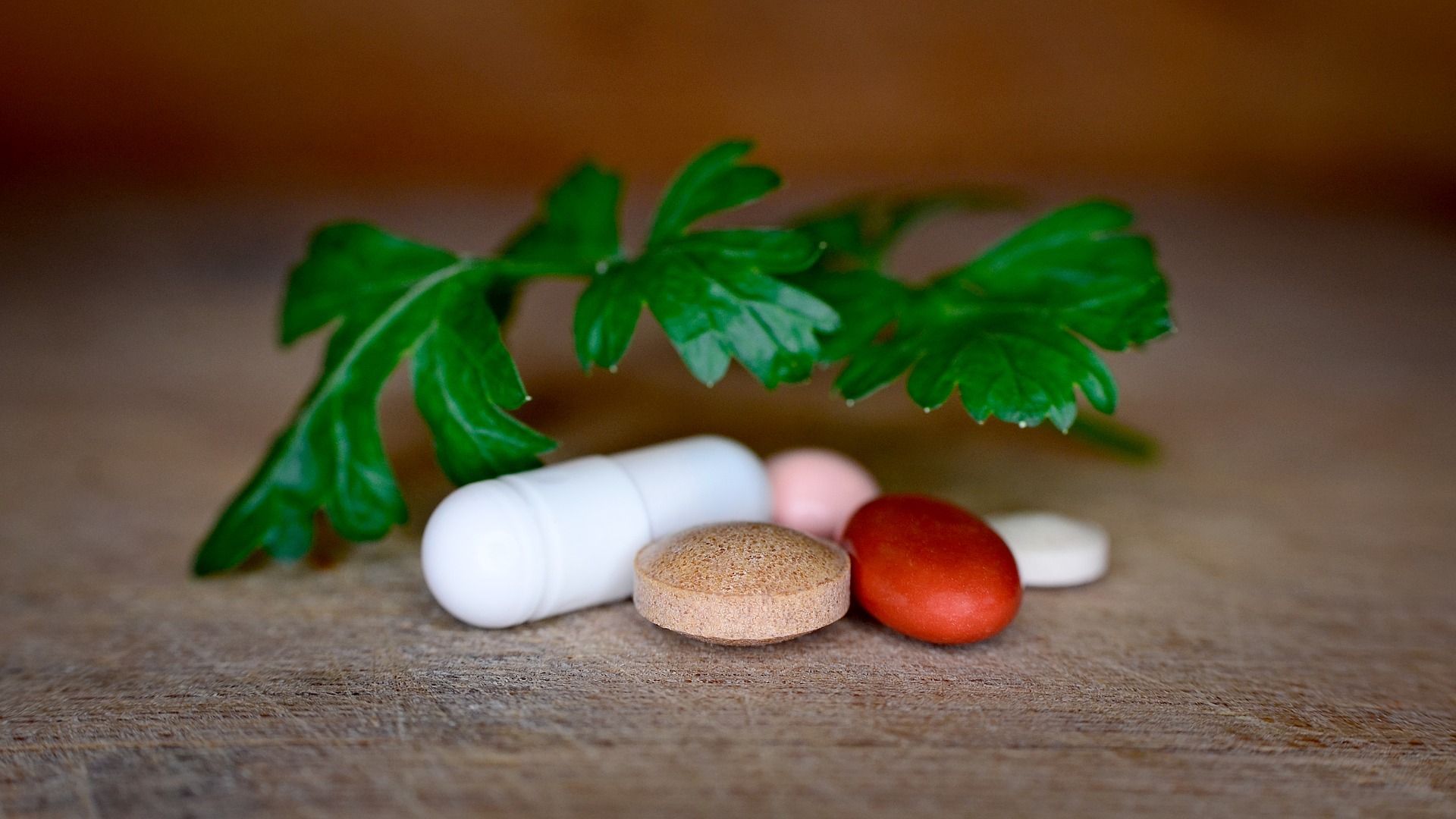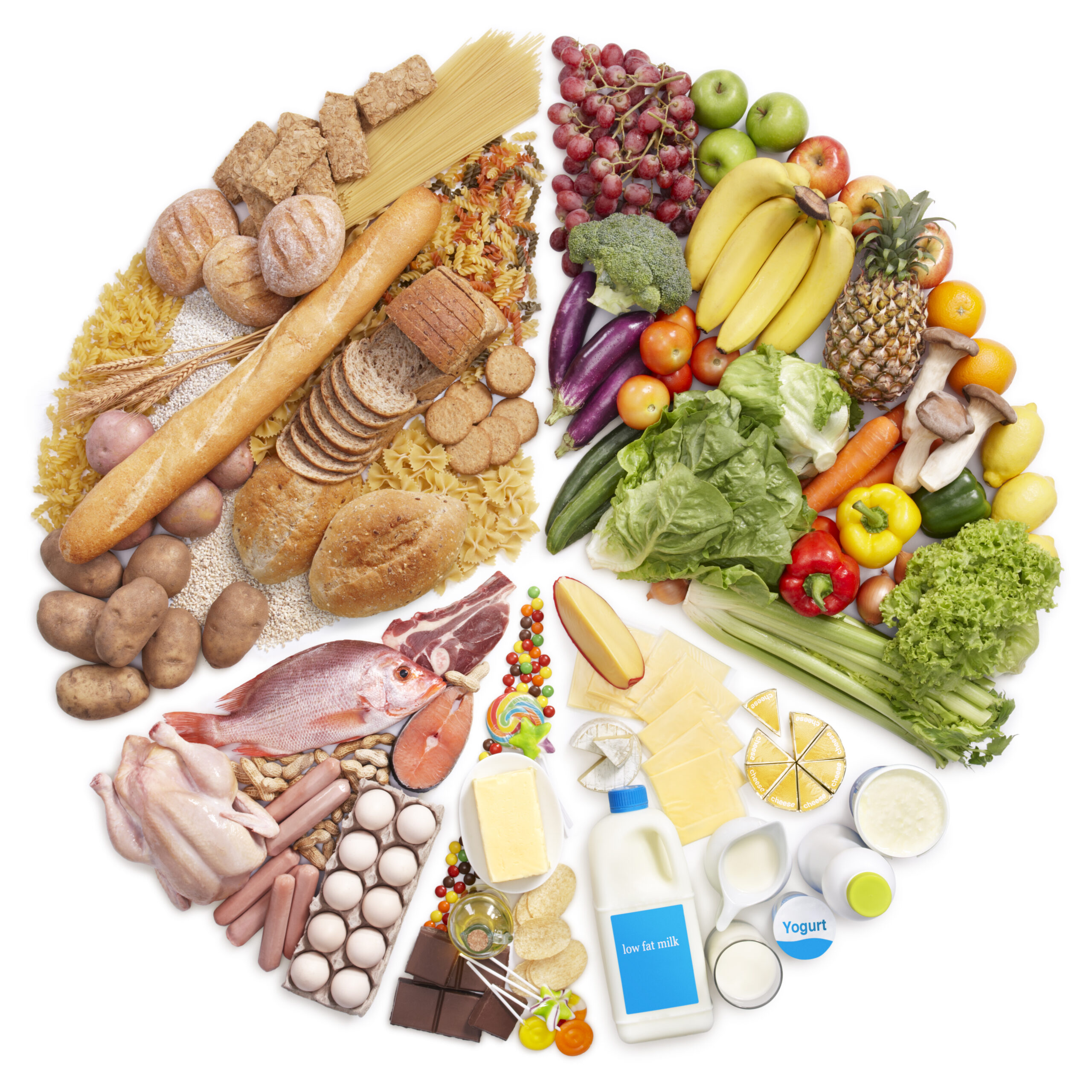Introduction:
Copper is an essential trace mineral that plays a crucial role in various bodily functions. In recent years, there has been growing interest in drinking water stored in copper vessels, also known as copper water, due to its potential health benefits. This comprehensive guide aims to provide you with information about copper water, including its basics, potential benefits, and downsides, helping you make an informed decision about incorporating it into your daily routine.
Basics of Copper Water:
Copper water refers to water that has been stored in a copper vessel for a certain period. This allows the water to come into contact with the copper, facilitating the leaching of small amounts of copper ions into the water. Copper vessels have been used for centuries in traditional medicine practices, particularly in Ayurveda, for their believed health benefits.
Potential Benefits of Copper Water:
a) Antimicrobial Properties: Copper has natural antimicrobial properties and can inhibit the growth of certain bacteria, viruses, and fungi. This property may help in reducing the risk of waterborne illnesses.
b) Antioxidant Effects: Copper is a potent antioxidant that can neutralize harmful free radicals in the body. This antioxidant action may contribute to reducing oxidative stress and inflammation.
c) Improved Digestion: Copper is believed to stimulate the production of digestive enzymes, aiding in better digestion and nutrient absorption.
d) Boosted Immunity: Copper is essential for proper immune system functioning. Drinking copper water may support a healthy immune response.
e) Anti-inflammatory Effects: Copper has been suggested to have anti-inflammatory properties, which may help alleviate symptoms of inflammatory conditions.
Downsides and Considerations:
a) Copper Toxicity: While copper is an essential mineral, excessive consumption can lead to copper toxicity. High levels of copper in the body can cause gastrointestinal issues, liver damage, and even neurological symptoms. It is important to maintain a balance and not exceed the recommended intake of copper.
b) Allergies and Sensitivities: Some individuals may be allergic or sensitive to copper. If you experience any adverse reactions after drinking copper water, such as nausea, vomiting, or skin rashes, discontinue its use and consult a healthcare professional.
c) Water Quality: It is crucial to ensure that the water used to make copper water is of good quality. Copper can leach more rapidly into acidic or contaminated water, which may pose health risks. Use filtered or purified water to minimize potential contaminants.
Guidelines for Using Copper Water:
a) Use High-Quality Copper Vessels: Choose copper vessels that are specifically designed for storing water and are made from high-quality, food-grade copper.
b) Cleaning and Maintenance: Regularly clean the copper vessel using natural cleaners, such as lemon juice and salt, to remove any tarnish or residue. Avoid using harsh chemicals that can react with copper.
c) Storage Duration: It is generally recommended to store water in copper vessels overnight or for a maximum of 8-10 hours to allow for optimal copper leaching without excessive accumulation.
d) Moderation: Practice moderation when consuming copper water. The recommended daily intake of copper for adults is around 900 micrograms per day. Drinking excessive amounts of copper water can lead to copper toxicity.
Other Sources of Copper:
Copper is also found in various foods, such as shellfish, nuts, seeds, whole grains, legumes, and dark leafy greens. A balanced diet that includes these copper-rich foods can contribute to meeting your copper needs without solely relying on copper water.
Conclusion:
Copper water has gained popularity for its potential health benefits, including antimicrobial properties, antioxidant effects, and improved digestion. However, it is important to consider the potential downsides and practice moderation. If you have any underlying health conditions or concerns, it is advisable to consult a healthcare professional before incorporating copper water into your routine. Remember that a well-balanced diet that includes diverse food sources can also provide adequate copper intake.
- CBD Vegan Gummies By Just CBD-Indulging in Vegan Bliss: My Review of Just CBD’s Rainbow Ribbons Gummies - March 12, 2024
- Exploring the Cognitive Benefits of Artichoke Extract Nootropics - October 31, 2023
- Copper Water: Basics, Benefits, and Downsides - July 8, 2023




